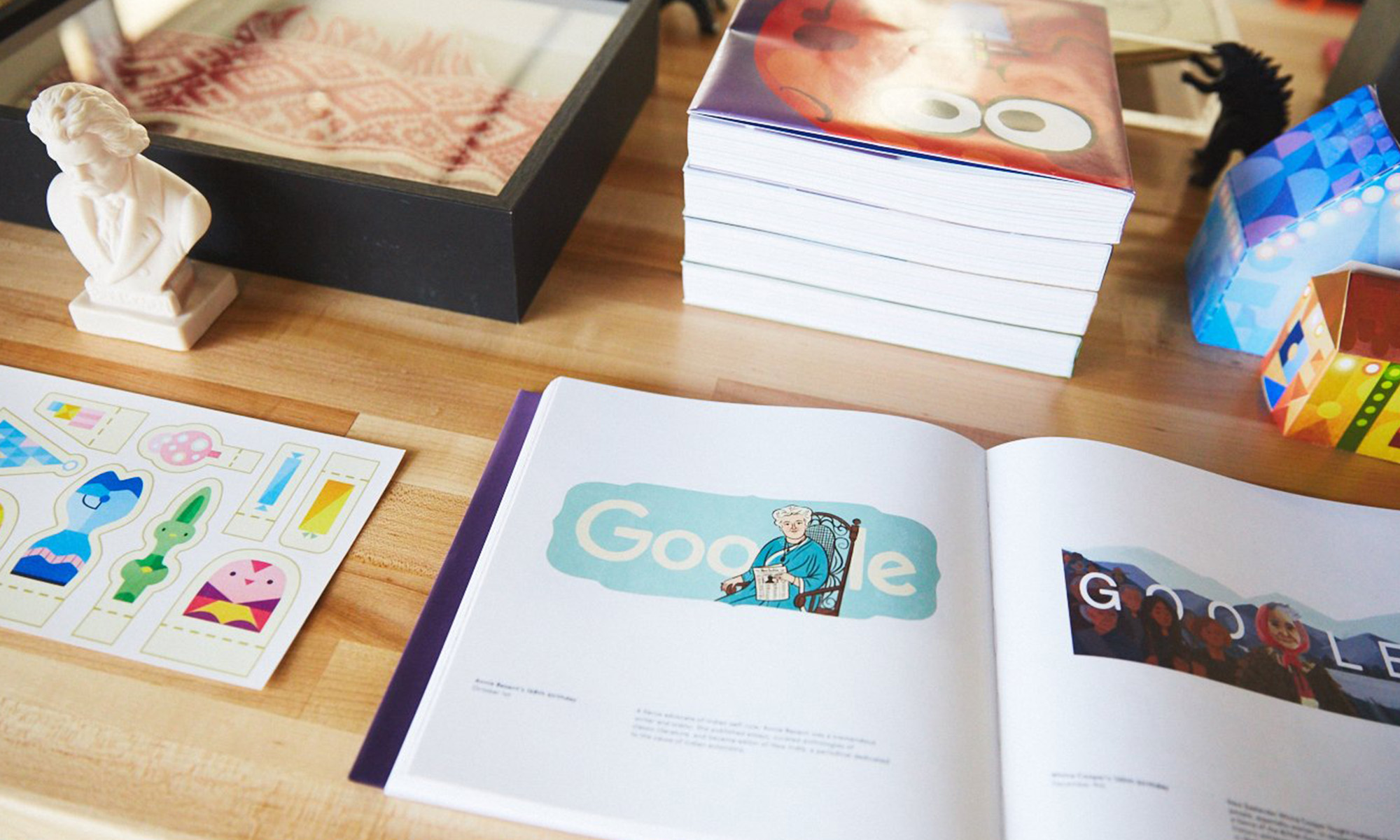Alphabet's (GOOG +1.36%) (GOOGL +1.41%) Google recently unveiled Daydream, a new Android-based VR platform and headset design for "Daydream-ready" phones. The software platform looks similar to Facebook's (FB +0.37%) Oculus Home, and several OEM partners will sell phones and headsets based on Google's specifications.

Google's Daydream. Image source: Google.
Several major smartphone makers -- including Samsung, Xiaomi, Huawei, LG, and HTC -- have already signed up to release Daydream phones and headsets this fall. Daydream-ready phones and headsets will be cross compatible, so Samsung phone users can buy HTC headsets, and so forth. The Daydream headset will also be paired with a small, one-handed motion controller with a circular touchpad for in-game controls. Google also plans to sell its own Daydream headsets and remotes.
Daydream will run on Android N, which will include an optimized VR mode for headsets. This means that when a phone is plugged into a headset, menus and notifications will all be integrated in the VR environment. Android N's native support for the Vulkan graphics API, which is used for high-end 3D games, will also likely deliver better game visuals without causing devices to overheat. That sounds like a promising leap forward from the crude Cardboard experience Google previously offered, but can it help the company close the widening VR gap with Facebook?
Daydream's key strengths
Google's biggest advantage is that it controls Android, the most popular mobile OS in the world. By convincing smartphone makers to launch high-end devices which meet its Daydream specifications, Google can standardize the Android VR experience and enable the Play Store to evolve into a VR marketplace.
Another advantage is the price. High-end smartphones still cost much less than "Oculus Ready" PCs, which cost at least $1,000. The Oculus Rift costs another $600. Assuming that Daydream headsets cost about the same as Samsung's $99 Gear VR, Google's VR experience should be much cheaper, since top-tier Android devices only cost around $600. Lastly, the mobility of Daydream VR headsets could make them more appealing than the Rift or HTC's Vive, which both need to be tethered to high-end PCs.
That's why Piper Jaffray believes that smartphone-based headsets will be more popular than high-end headsets this year. Piper expects Samsung to sell 5 million Gear VRs this year, compared to 3.6 million Rifts from Facebook and 2.1 million Vives from HTC and Valve. However, there could be plenty of room for these companies to grow -- Piper believes that annual sales of VR headsets could hit half a billion by 2025.
Oculus' key strengths
Facebook's Oculus has the advantage of being the first mover in the VR market. Prior to its $2 billion purchase of Oculus in 2014, few companies took VR seriously. Yet Facebook went against the grain and invested heavily in improving its hardware and software. As a result, Facebook beat Google to the punch by launching Oculus Home as the first major VR ecosystem last year. Developers have already flocked to the platform, and Facebook is already keeping a 30% cut of app sales.

Oculus Home. Image source: Oculus.
Facebook also targets hardcore gamers, who are generally willing to spend over $1,000 on a high-end gaming rig to play Oculus titles and probably won't be satisfied with less graphically impressive mobile-based games. This means that Oculus probably won't directly compete against Daydream at first, just as it won't compete against Sony's (SNE +1.98%) PS4-tethered PlayStation VR. The only competition Facebook really should worry about is the Vive -- that's probably why it recently barred developers from porting Rift-exclusive games to the Vive.
Lastly, Oculus' strengths will likely only be fully realized after Facebook integrates more features from its social network, which hosts 1.65 billion monthly active users, into virtual reality. Oculus has already added social gaming features, but deeper integration could enable Facebook members to eventually visit each other in VR space -- a killer feature which Google, which lacks a major social backbone, could struggle to counter.
It's too early to declare a victor
Although the Daydream and Oculus ecosystems look similar, Google and Facebook are entering the VR market from different starting points. Google's approach represents a continuation of the Cardboard strategy, and builds upon Samsung's higher-end approach with Gear VR. Facebook's approach is heavily dependent on PC gaming, which will likely prevent the Oculus Rift from gaining much mainstream traction.
Facebook and Google's VR markets will likely overlap as PC and mobile devices fully converge, but it's still too early to say which company will own the dominant VR ecosystem. For now, investors should see if Google convinces more Android owners to buy Daydream headsets, and if Facebook can gradually integrate its massive social network into Oculus Home.









